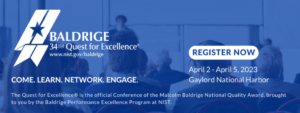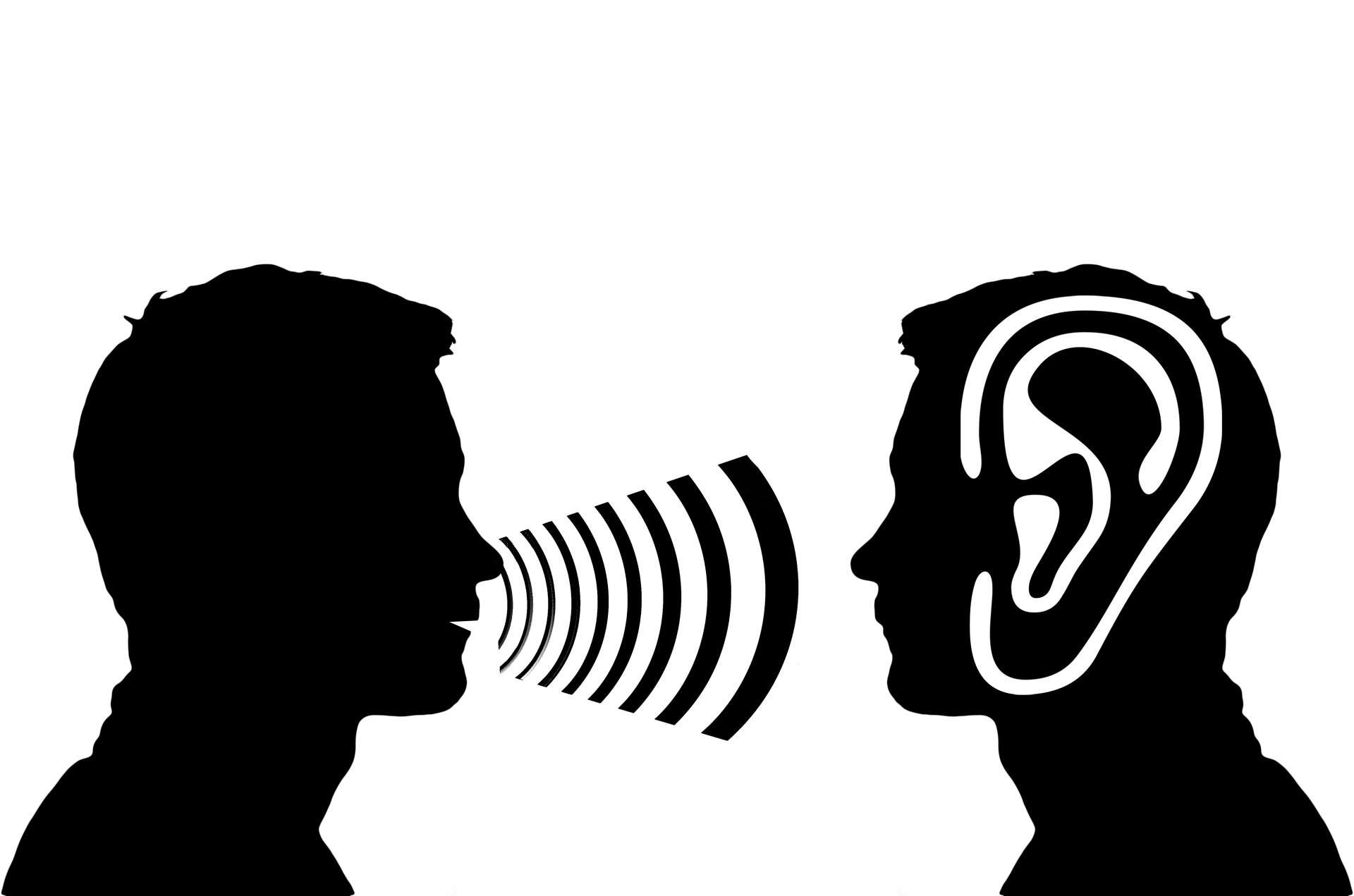Listening and hearing are different. Assuming your hearing is normal or that you wear devices to assist with your hearing, does that make you a good listener? How do you know? What would your family, your friends, your employees, and your customers say? Have you ever asked them?
Why is being a good listener important for effective leadership? In Tom Peters’ recent book, Excellence Now: Extreme Humanism, he cites “Aggressive” Listening and “Fierce” Listening as Leader Skill #1 and Core Value #1. Similarly, in a recent post by the Institute for Healthcare Improvement (IHI), the leadership topic was, “Better Meetings and Deeper Listening: The Underrated Keys to Improvement.” While many books and articles have been written about the importance of leaders being able to share their vision, very few are devoted to listening in response to that sharing.
Why is being a good listener so hard for so many of us? Are we listening to seek to understand? Or are we not really listening because we are formulating a response while the other person is still talking? Are we distracted by other things so that we cannot give someone our full attention even for a brief time? Do we interrupt others to get to the point faster? Do we ask open-ended questions? Do we secretly (or not so secretly) believe we are the smartest person in any room and that only we have the great ideas? When someone walks into our office, do we look up from our desk or away from our screen? Are we proud of our ability to multi-task although recent studies have shown that decreases rather than increases efficiency?
I’m guilty of several of those “sins,” yet I find myself continually challenged to be a better listener. I know better; I just need to do better. Picture in your mind’s eye someone who you consider to be a good listener. How did he or she make you feel? Typical responses include:
– I felt respected.
– I felt important.
– I felt like my comments or questions mattered.
– I experienced more trust in that person.
– I was more engaged in the relationship.
In his book, Tom Peters shares, “The average doctor interrupts the patient after … 18 seconds. 18 S-E-C-O-N-D-S! How much more information that might lead to a better diagnosis and better treatment could be gained if those physicians let their patients tell them what they thought was important for them to know? And recent studies have shown how important listening to and really hearing from patients is to addressing the social disparities of health such as food insecurity, homelessness, inability to afford medications, to name a few.
The second area to address in the Baldrige Excellence Framework in Item 1.1b is all about senior leader communication. That’s a strong indication of how important this is in leading and engaging “the entire workforce, key partners, and key customers.” The first area to address in Category 3.1a, Customers, is “Customer Listening” to both current customers and potential customers. Clearly the act of gathering actionable data is a key component of organizational excellence and leadership effectiveness.
What can you do if you find yourself more frequently in “transmit” rather than “receive” mode? The first step is to heighten your awareness of your own shortcomings and the desire to improve. Some other concrete actions to take include the following:
– Turn your cellphone off or at least put it into silent mode. Don’t yield to the temptation to check it during your conversations with others. The same is true for periodically checking your laptop or other device for new emails. Be present in the moment.
– Pause to let the other person finish before you start to respond. Even take a few seconds of silence to indicate you are thinking about what the person said, and to formulate your response.
– Paraphrase what you believe you heard. Ask for validation or clarification.
– Be empathetic and not judgmental if you want the person to confide in you in the future.
– Finally, be genuine. Learn about what is important to that person. Express curiosity and interest to build rapport. Wherever possible, find some common ground to make listening a joy rather than a chore.
Ask a trusted advisor to give you periodic feedback. And don’t forget to listen!
_________________________________________________________________

We are excited to reconnect with industry leaders from all over the world at the 34th Quest for Excellence® Conference. Innovation, Communities, and Health Care Thought Leaders all are featured at the 34th Quest for Excellence® Conference Sunday, April 2–Wednesday, April 5, 2023. Register today for the 34th Quest for Excellence® Conference, https://www.nist.gov/baldrige/


